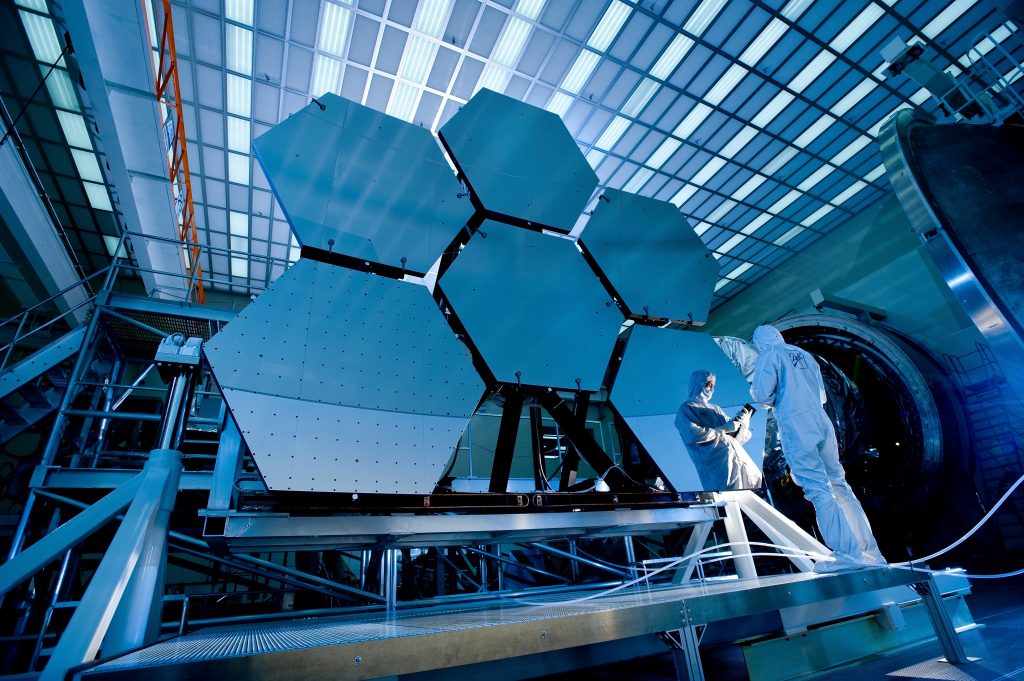A facilities manager is a great opportunity for young professionals.
Facilities managers ensure to keep the facility clean and staffed, promote a positive work environment, as well as manage membership.
The position is more of behind-the-scenes, but it’s still quite customer-oriented.
In this article, we will cover the day-to-day responsibilities, training, and qualifications for the position, and more.
Article Table of Contents
What Does a Facilities Manager Do
The responsibilities of a facilities manager include maintaining a positive work environment in the area they are assigned to.
A facility can be any place of employment.
Commonly, such positions can be found at recreation centers, inventory warehouses, office buildings, gyms, restaurants, etc.
Facilities managers maintain the place, ensuring the security and overall safety as well as a positive environment of the place.
Job Duties
- Repair or schedule the check-ups of the facility’s real estate and equipment.
- Hire, evaluate, train, and supervise maintenance employees.
- Address the maintenance concerns of the customers or employees.
- Negotiate the outside repairs.
- Control and adjust the budget for maintenance.
- Ensure that the facility is running according to the government and safety standards.
Fundamental Skills
Facilities managers need multiple and diverse skills to balance their day-to-day work.
Here are some of the most valuable skills for a facilities manager:
Interpersonal and communication:
Facilities managers often have to deal with customer service responsibilities.
Therefore, they need to connect to, calm down, and manage an upset customer.
So, they need to be empathetic and be able to listen to customers.
Negotiation:
Sometimes, facilities managers have to bid for some projects.
They should be able to negotiate for the best deal.
They also have to meet deadlines when completing projects, so they need to negotiate accordingly.
Time management and prioritization:
Often, facilities managers have to deal with multiple issues at the same time.
They may be deeply involved in figuring out a project when an emergency happens.
They have to prioritize their tasks and manage their time to properly deal with the situation.
Research:
Facilities managers should know how to research and analyze the contracts.
They may have to hire an outside company to complete a project within.
They have to research and pick the best deal.
They would also need to research the problem before deciding to hire an external company.
Project management:
Project management skills are essential for multiple tasks included in the facilities manager’s job.
They often have to monitor large projects from the beginning until the end.
In the process, they have to manage the budget, employees, equipment and follow the timelines.
So, project management skills are extremely important.
How to Become a Facilities Manager
No specific degree is required for a facility manager to get the job, but skills in engineering, management, or hospitality can be of great help.
Here are some details about the training, environment, opportunities, and more in this field.
Training and Qualifications
Facilities managers need only limited training which can include an Associate’s Degree.
Sometimes, they may have a Bachelor’s Degree in business or other administration specialties.
Most managers finish an apprenticeship doing security or maintenance work.
Experience
Prior experience in a similar position isn’t required to be hired as a facilities manager.
This is great for those who are only at the start of their career in facility management.
However, with experience, the applicants can transition to supervisory jobs more smoothly.
Working Hours
As you start your career in facility management, you need to be sure that the conditions and salary are up to your expectations.
Most often, you will have an office to manage and can be hired both in the public and private sectors.
Depending on this, the office environment can change.
Due to that, the working hours of a facility manager can vary as well.
Mostly, they work a 40-hour workweek with changing shifts which may include nights and extended hours.
Besides, if a deadline for a project is approaching, you may have to work on weekends, nights, or be on-call.
Career Outlook and Opportunities
The salary of the manager can vary a lot.
Some professionals get paid a fixed salary, some receive hourly wages.
On average, the salary of a facility manager is $92,011 per year.
If you work on an hourly basis, you can earn more with overtime hours, which makes the job a bit more rewarding.
Employment in the facility management field should grow by 8%.
This greatly depends on the economy and the facility’s abilities to hire a full-time employee.
However, this is a higher percentage than for other occupations across the country.
There are multiple career growth opportunities in this field.
Mostly, the workers start as assistants of facilities managers.
From there, they can move up the career ladder to the position of a general manager and even a regional manager.
In any case, employees with operations experience are highly valuable and own a transitional set of skills.
Conclusion
The work of a facility manager is demanding but highly rewarding.
They can supervise the work of others, should have the critical thinking, and interact with multiple people every day.
The pay in the field is quite good with minimal training.
This is a great option for people with good organizational and interpersonal skills necessary to run the projects and maintain the facility efficiently.

